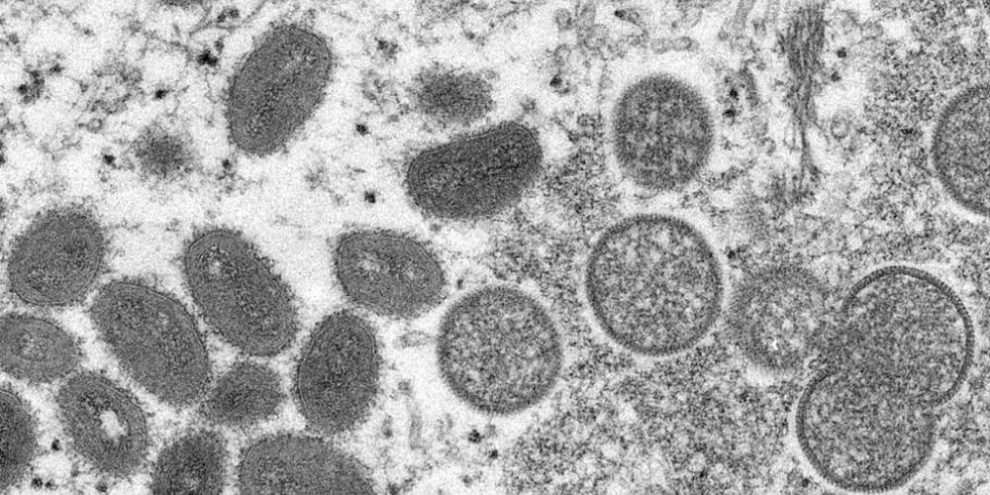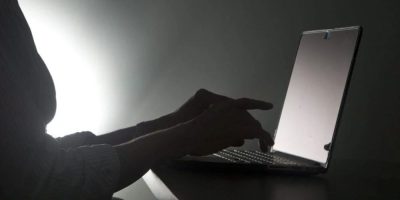
News release from the Simcoe Muskoka District Health Unit
The Simcoe Muskoka District Health Unit (SMDHU) has confirmed a case of monkeypox in a person from the region. This individual lives and works mainly in Toronto where he most likely acquired the infection. He is currently isolating, and his close contacts have been notified.
“At this time the risk to the general population remains low, as we have not detected the virus circulating in Simcoe Muskoka, and it does not spread easily. Residents should not be concerned going about their routine everyday activities,” said Associate Medical Officer of Health Dr. Colin Lee. “The health unit continues to closely monitor the situation. We advise any person who develops symptoms or who has had contact with a suspected or known case of monkeypox to contact their healthcare provider immediately. Monkeypox can affect anyone of any age, gender or sexual orientation. Currently, monkeypox is predominantly affecting men who have sex with men (MSM), and the most likely way it is being passed on is through close, intimate contact due to the increased skin-to-skin contact.”
Monkeypox is a rare disease not common to North America. It spreads through close contact with a person infected with the virus, or their clothing or linens. It can enter the body through skin-to-skin contact with body fluids (i.e., saliva, lesions, blisters or rashes) and through mucus membranes or respiratory droplets during prolonged face-to-face contact (i.e., breathing, talking and coughing).
Symptoms typically develop five to 21 days after exposure and last from two to four weeks. They occur in two stages and may include fever, chills, swollen lymph nodes, headache, muscle, joint and back pain, and exhaustion. A rash lasting between 14 and 21 days may also appear on the face or extremities, as well as the hands, feet, mouth and genitals that later form scabs.
Anyone diagnosed with monkeypox must isolate until all scabs have fallen off and have healed, typically in two to four weeks. Vaccination is available for high-risk contacts of cases to prevent infection.
Monkeypox is usually a mild illness and treatment focuses on relieving symptoms. Generally, most people recover on their own after a few weeks. Antiviral treatment is available for severe cases only. Preventive vaccinations are available to MSM who may be at high risk of being exposed through Toronto Public Health.
For more information about monkeypox, call Health Connection at 705-721-7520 or 1-877-721-7520, weekdays between 8:30 a.m. to 4:30 p.m. or visit our website.





